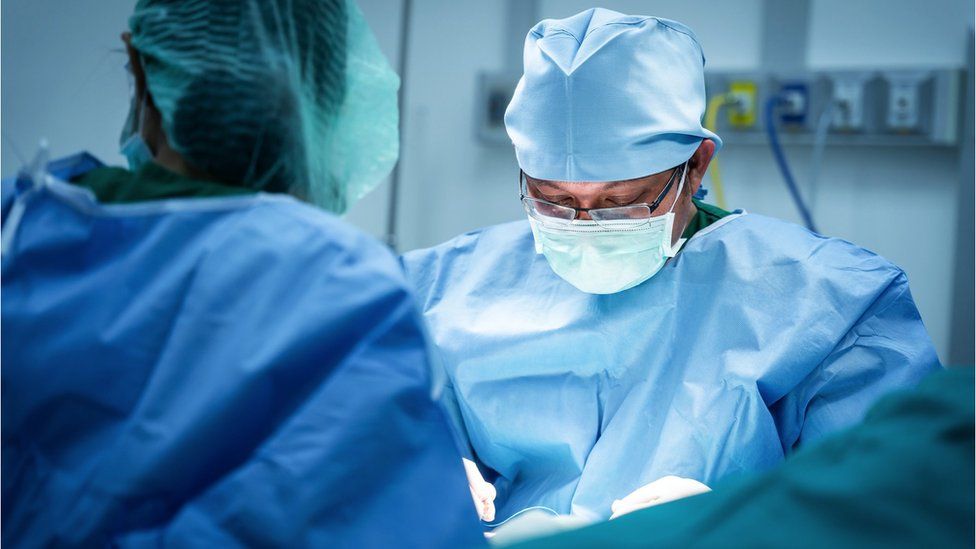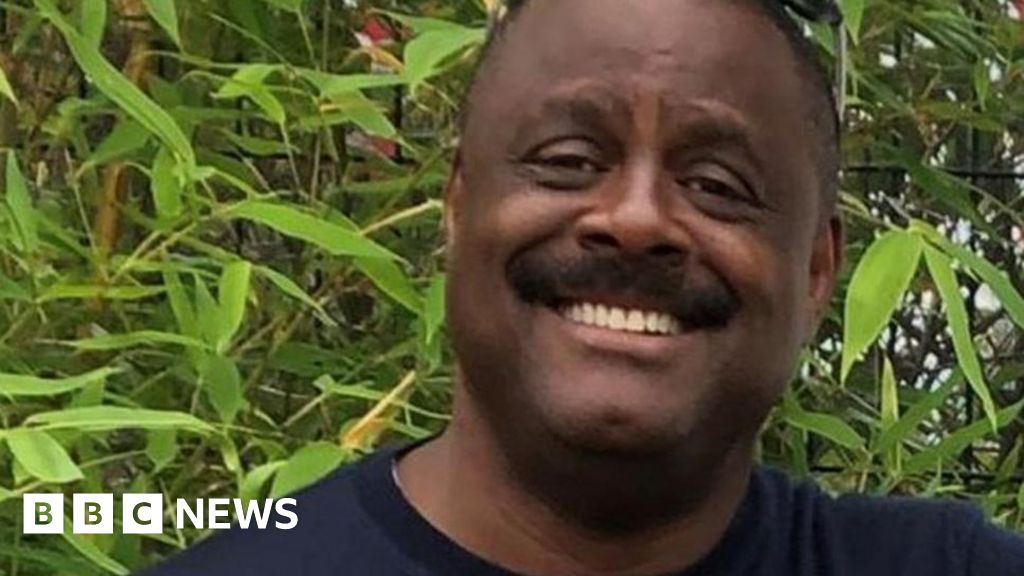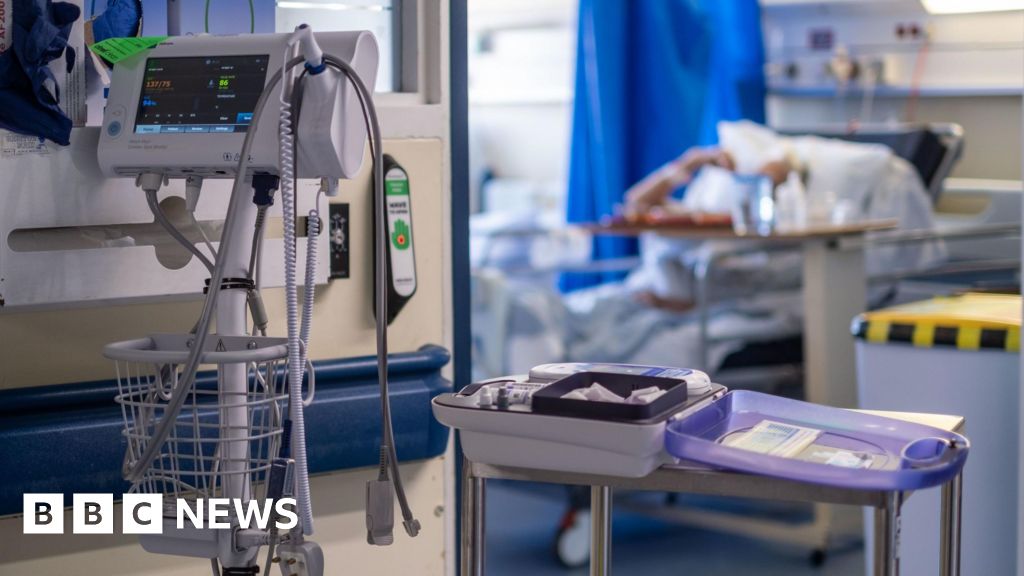ARTICLE AD BOX
 Image source, Getty Images
Image source, Getty Images
By Nick Triggle
Health correspondent
More than 196,000 NHS appointments had to be cancelled because of the junior doctor strike in England last week, figures show.
It includes people who were waiting for operations and other treatments as well as scans and follow-up appointments.
The number of cancellations is the greatest so far in the NHS pay dispute.
And the true scale of the disruption is likely to be higher as some hospitals had cut back ahead of the strike to minimise last-minute postponements.
Some hospitals reported they were cancelling up to half of their planned work so consultants could be redeployed to emergency care to cover for striking junior doctors.
NHS national medical director Prof Sir Stephen Powis said: "Today's figures lay bare the colossal impact of industrial action on planned care in the NHS.
"Each of the appointments postponed has an impact on the lives of individuals and their families and creates further pressure on services and on a tired workforce - and this is likely to be an underestimate of the impact as some areas provisionally avoided scheduling appointments for these strike days.
"Our staff now have an immense amount of work to catch up on.
"We have now seen nearly half a million appointments rescheduled over the last five months, and with each strike, it becomes harder."
It comes amid mounting concern about more industrial action across the NHS with one hospital boss saying the planned walkout by nurses over the first May bank holiday weekend threatens the ability to staff emergency services.
On Friday the Royal College of Nursing announced a strike from 20:00 BST on 30 April to 20:00 on 2 May after its members rejected the pay offer from government.
Unite, one of the smaller health unions which represents NHS staff such as support workers, admin staff and paramedics, also said members at London's Guy's and St Thomas' Hospital and Yorkshire Ambulance Service would walk out on 1 May.
It said the industrial action was likely to be followed by members in other services later that week.
Its ballot of members over the pay offer - a 5% increase this year along with a one-off payment of at least £1,655 - is not yet closed, but the union said it was acting as it was clear many of their members were rejecting the deal.
Unite general secretary Sharon Graham says: "All along we have said this offer is nowhere near good enough for NHS workers. The government needs to return to negotiations and put more money on the table."
Speaking to the BBC, University College London Hospitals chief executive David Probert said the spate of industrial action over recent months had left staff exhausted.
He warned the nurses' strike, which for the first time will involve staff in critical areas such as intensive care, will have a "severe impact".
He predicted planned care would "almost disappear".
And he added: "It's possible that elements of our emergency care will not be open during the strike."
Related Internet Links
The BBC is not responsible for the content of external sites.

 2 years ago
48
2 years ago
48








 English (US) ·
English (US) ·